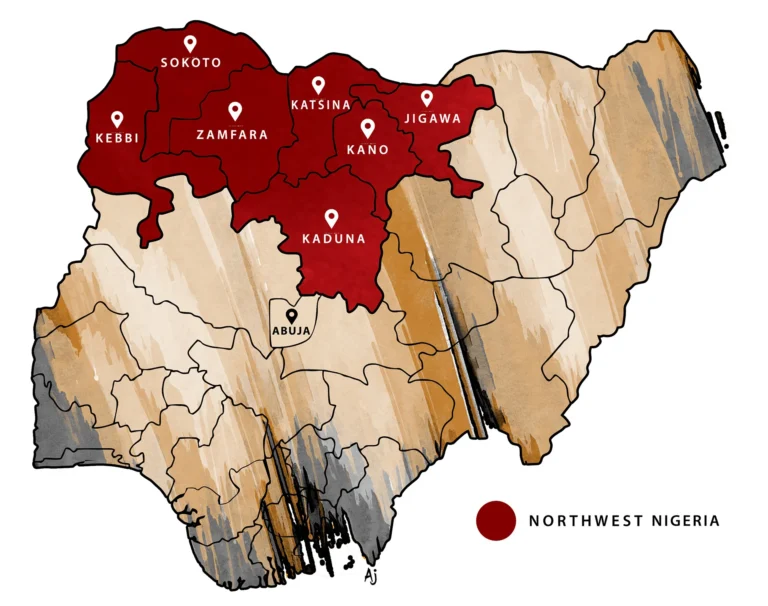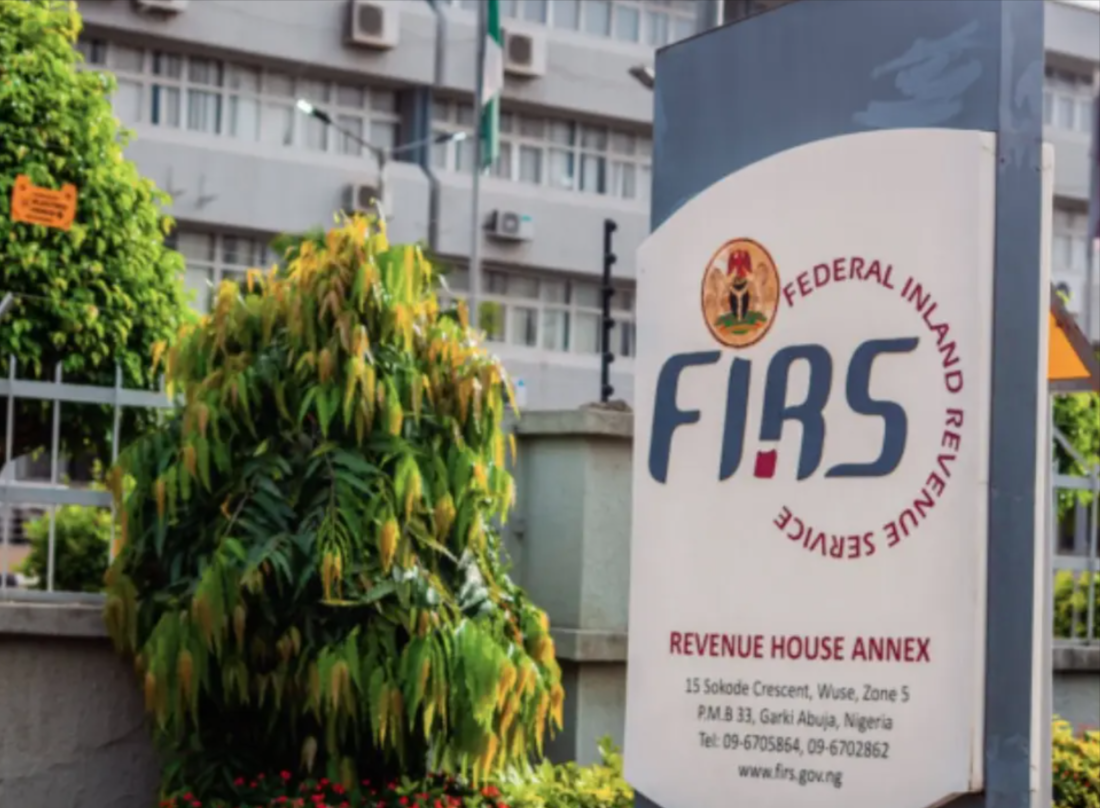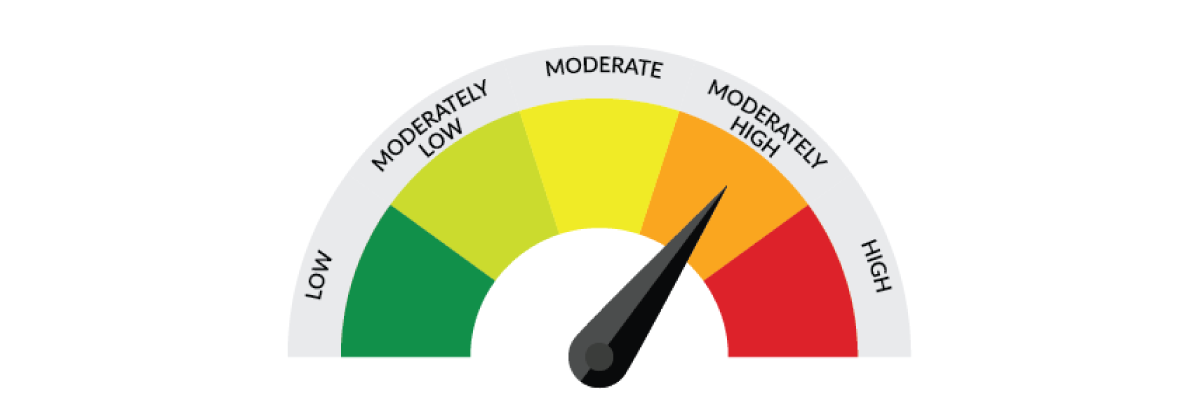In a stark revelation during the 10th anniversary celebration of Air Peace, Nigeria’s largest airline, Festus Keyamo, the Minister of Aviation and Aerospace Development, stated that over 100 airlines have ceased operations in Nigeria over the past four decades. This alarming statistic underscores the high mortality rate plaguing the aviation sector, which the minister attributes to a myriad of systemic issues.
Keyamo’s remarks come at a time when the airline industry in Nigeria is grappling with significant challenges, including economic instability and foreign exchange (FX) fund restrictions that have left many airlines financially vulnerable. He emphasized the critical need to understand why so many airlines have failed, despite Nigeria being the leader in domestic travel across Africa, accounting for 80% of such traffic on the continent.
The Nigerian airline industry faces significant challenges that have contributed to the failure of over 100 airlines over the past 40 years. Key factors include high operational costs, which are heavily influenced by the soaring price of aviation fuel, inadequate infrastructure, and insufficient government support. The devaluation of the naira has trapped foreign exchange funds, further complicating airlines’ ability to maintain operations, purchase necessary aircraft parts, and conduct routine maintenance.
Historical references to past airline casualties like Concord, Zenith, and Bellview underline the systemic issues that have yet to be adequately resolved. The combination of these economic pressures raises serious concerns about the sustainability of the airline industry in light of Nigeria’s substantial domestic travel market, which accounts for a significant share of Africa’s overall air traffic.
Foreign Airlines and FX Constraints
It is also imperative to know that Nigerian has been embattled with FX constraints with foreign airlines over the past two years. The Foreign exchange crisis in Nigeria has left airlines struggling, as trapped funds prevent carriers from accessing necessary foreign currency for operations, maintenance, and parts. This situation has intensified with the naira’s recent devaluation, creating an urgent need for financial solutions to stabilize the industry.
The challenges extend to foreign airlines, with the Central Bank of Nigeria (CBN) initially approving a $64.44 million payout to reduce airlines’ trapped funds in January 2024. Later in March 2024, CBN cleared remaining FX backlogs of $7 billion.
In August 2022, Emirates first suspended flights to Nigeria, citing an inability to repatriate trapped revenue funds. The airline halted operations again in November 2022, with $85 million in revenue still inaccessible. After a two-year hiatus, Emirates resumed flights to Nigeria on October 1, 2024, following progress on financial issues.























